China and Nigeria are more similar than you think
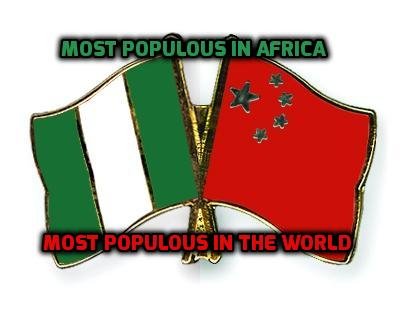
The more I travel and meet people from all corners of the world, the more I notice lots of similarities between my culture and theirs. I cannot count how many times I have heard people trying to explain how things are done in their home country and I have said “We do the exact same thing in Nigeria!” Those moments have started so many friendships and further strengthen the bonds I have with my current friends.
I must admit that most of my Chinese friends started out thinking that China was its own special snowflake and no one else would understand their culture. But after having so many “We also do that in Nigeria” moments, they are beginning to start conversations with statements like “Do you also do this to in Nigeria?” Most of them even want to come to Nigeria, a country that was never in their radar before they met me.
While I do not try to dismiss the uniqueness of all cultures (in fact I think we should acknowledge it), I also like to point out the commonalities we share as way to trigger communication and mutual understanding.
During my trip to China and while interacting with my friends, I quickly came to the realization that China and Nigeria are more similar than anyone would have imagined.
My post today provides a few examples of the similarities between the cultures of the most populous nation in the world and the most populous nation in Africa.
Bargaining or haggling is expected
While in China, I was taken to several types of markets. Some were targeted at tourists, meaning that they were pricier, while others were more for the locals. The pricier markets were mostly located close to the city centre as well as other touristy locations, but in order to experience the more authentic Chinese markets, you will need to travel a lot farther from the city centre. I found a lot more of the local markets while in Shanghai.
No matter the type of market you find yourself, the one rule to follow is that you have to haggle and haggle hard. This is because most of the products include an extremely high markup and the seller expects you to try to beat down the prices. This is also true in Nigerian markets. The amount a seller charges you for a product varies depending on your bargaining skills. Tomorrow, I shall dedicated my post to talking about the rules of bargaining.
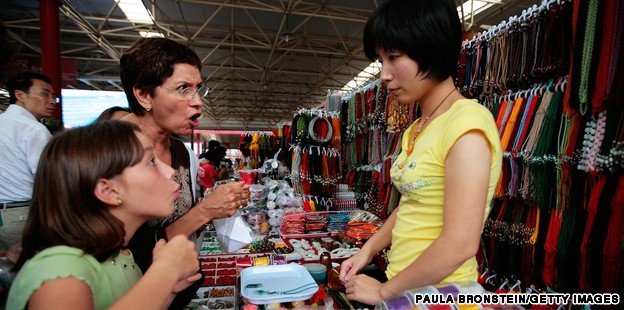
Image Source
Relationship is everything and gift giving is the norm
While at university, I took a course called Business Communication where I learned about the dynamics of doing business in different parts of the world. I learned that in China, you are more likely to win a contract if you spend time building relationships with the Executives. You are encouraged to have dinner with your business partners and talk about everything else but business. It helps if you are introduced by a mutual friend who they trust. That person’s opinion is valued much more than any certificates you may possess.
Furthermore, when visiting a business partner, it is acceptable to come along with a small gift. I know that in the western world, gift giving is highly controversial because it could be misconstrued as a bribe, but in China, It is only polite. The same concept applies in Nigeria. Although these days the outside world has labelled every action Nigerians take as corruption, there are certain actions such as these which are rooted in our culture. For example, in my culture, I observed that when my father went to visit some people in the village, he places some money and some kola nut on a plate and then the person welcomes him by accepting the gifts. I do not completely understand the meaning behind this action, but I know that it has been our custom since before I was born.

Image Source
Nigerians value relationships and just like in China, being recommended by a person who is known to the Executive is of a higher value than any qualifications or certificates you may posses.
High Power Distance Culture
If you read my previous post on the cultural differences between England and Nigeria, you would recall that I talked about the importance of using titles when addressing an individual. This is a result of the high power distance nature of the Nigerian culture. At school, your teacher is always correct, while at work, your boss always has the brightest ideas. Hierarchy is of utmost importance and you often find people arguing over who is older because of the perceived respect that comes from being seen as an older person.
I find it interesting that in the western world, people employ every trick in the book to be seen as younger than their actual age, while in Nigeria, it seems like the opposite is the case. Over here, referring to a person as a “small boy” or “small girl” could be taken as an insult, because it implies that you are older than the person therefore you are wiser, smarter and possess more authority.
You will notice that most people bow or courtesy when addressing people of a higher rank as you can in the picture below.
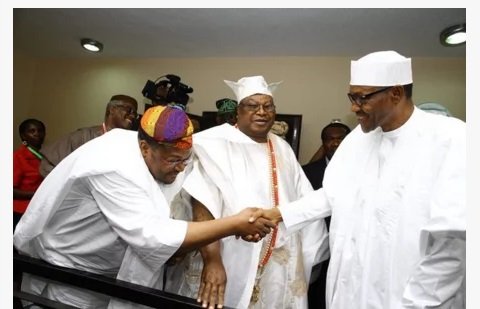
Image Source
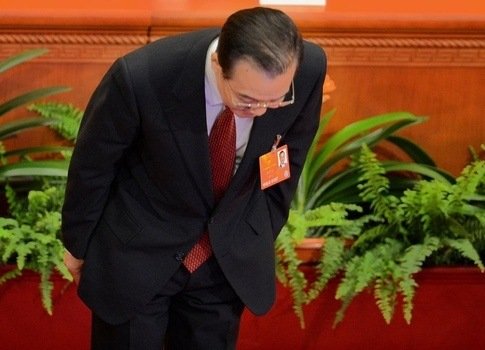
Image source
The Chinese also have a high power distance culture. You dare not talk back to your parents and you are not allowed to disagree with your teacher or your boss. Workers are supposed to obey the rules made by their supervisors or risk being fired. When in the midst of a lot of people In China, you must address the highest raked person first and follow the hierarchical order until you have reached the least ranked individual.
There are several more similarities between both cultures but I will stop here for now. I hope you gained some knowledge while reading through this post.
Thank you for stopping by. Chat tomorrow (Maybe). I have been pretty busy lately and have not been able to write everyday.
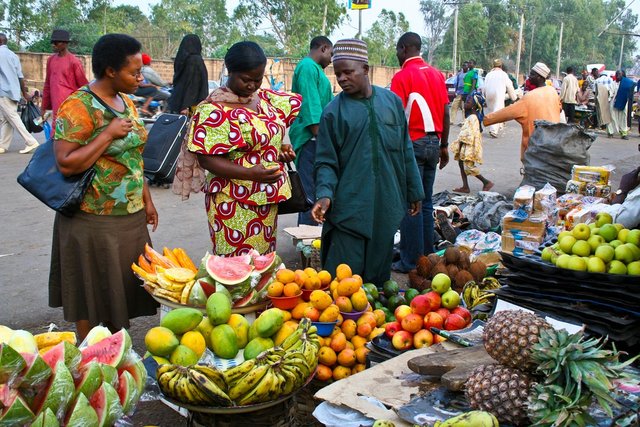
each and every country has there own culture.but each and every country has same frame of positivity .only difference is there way to do that.
nice post. i am bangladeshi.
Agreed. There is always the positive side of every country and culture. it's unfortunate that the media only chooses to highlight the negatives. Thanks for stopping by.
Another similarity is that in Nigeria you get cheap labor , the Same in China too
Greetings! I am a minnow exclusive bot that gives a 5X upvote! I recommend this amazing guide on how to be a steemit rockstar! I was made by @EarthNation to make Steemit easier and more rewarding for minnows.
Congratulations! This post has been upvoted from the communal account, @minnowsupport, by oncebey60 from the Minnow Support Project. It's a witness project run by aggroed, ausbitbank, teamsteem, theprophet0, someguy123, neoxian, followbtcnews, and netuoso. The goal is to help Steemit grow by supporting Minnows. Please find us at the Peace, Abundance, and Liberty Network (PALnet) Discord Channel. It's a completely public and open space to all members of the Steemit community who voluntarily choose to be there.
If you would like to delegate to the Minnow Support Project you can do so by clicking on the following links: 50SP, 100SP, 250SP, 500SP, 1000SP, 5000SP.
Be sure to leave at least 50SP undelegated on your account.
Very interesting. They look very different from the sky!
This has received votes from two accounts, @thundercurator and @entrepreneur916 to give you your 300%+ upvote of 0.06+.
That being said…
Investors who delegate SP to @thundercurator are entitled to 75% of @thundercurator income after curation. Get on-board early and grow with us!